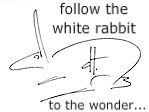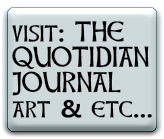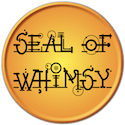
4.5 stars
"You have just dined and however scrupulously the slaughterhouse is concealed in the graceful distance of miles, there is complicity." ~ Emerson
If the old adage is true, that we are what we eat, this is a very harrowing read. This is an important book; a thoughtful and engaging exploration of what and how we eat. I suppose there should be a surgeon general's warning on the cover - consumption of this book could lead to heartburn and indigestion and will certainly heighten responsibility.
It is a dangerous thing to ask certain questions. It is even more dangerous to seek answers to those questions—for they make one responsible with regard to what is found. And for those who read about the questions being asked and the discoveries made, they too become responsible. Pollen explores in great detail many of the factors contributing to our dilemma such as: the monocultures that now reign king over bio-diversity, the corn that feeds animals who have no right eating it, the chemicals to correct what we have caused; thereby bypassing nature’s way, the philosophies that are led by wallets and not by what is good…
Having engaged Pollan’s book over the last couple of weeks I wonder, “Now what? What is one suppose to make of his globetrotting and fact-finding?" For starters, I ate a Caesar chicken salad for lunch today and thought about the corn-fed chicken I was eating. Unfortunately this took place at Costco of all places! How does one live in suburbia knowing what I now know? With his ethnographic style, Pollan has invited me into the complexity of food and thus into the very center of the omnivore’s dilemma. And this dilemma extends well beyond food, for this dilemma of choice and what to consume, and how, is at the core of our human identity. After reading his explorations I am not sure how much I like who I see when I look in the mirror. To state it simply, we are comfortable in our ignorance and I don’t think it is putting it to strongly to suggest that it is killing us—or at least killing a whole lot of animals and destroying a whole lot of land; which in turn has a direct effect on us. One might say we have attempted to re-create the created order of things and that is always a dangerous alchemy.























No comments:
Post a Comment